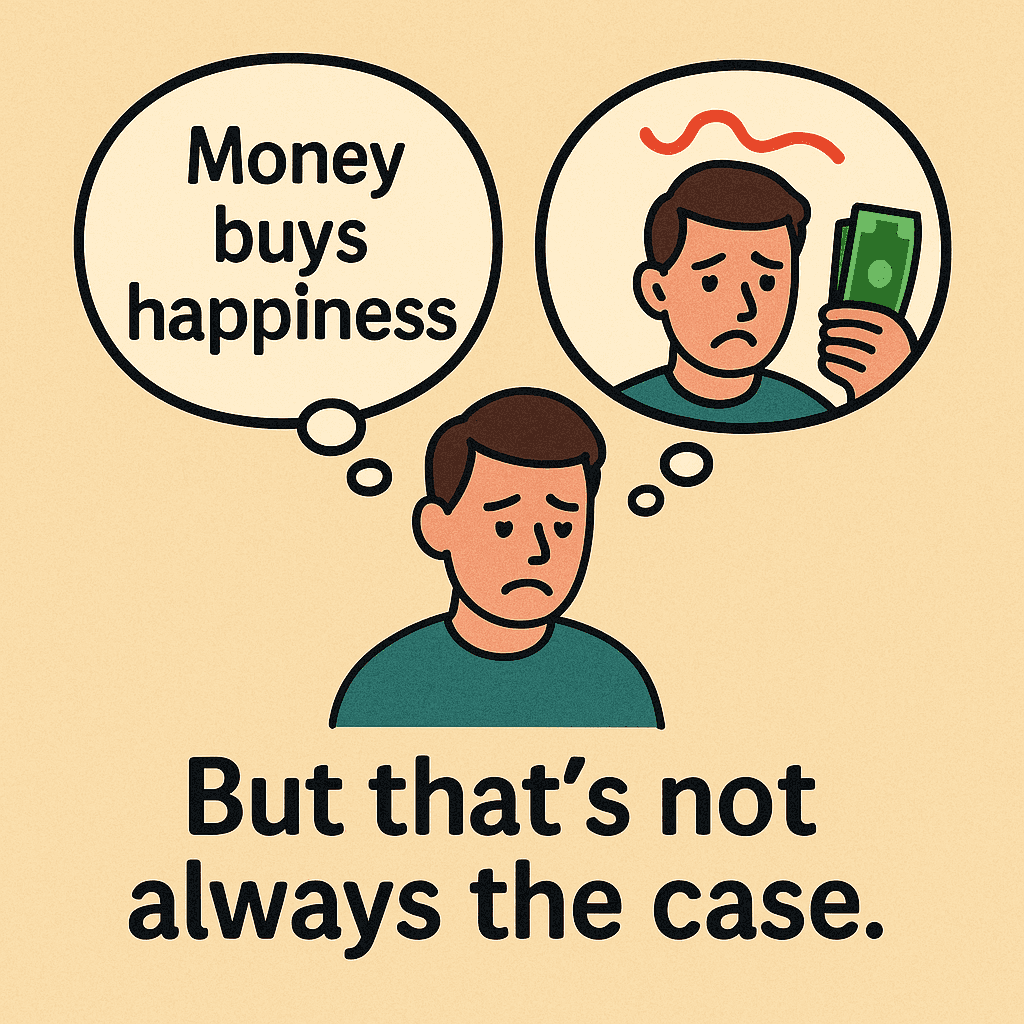Meaning
The phrase “But that’s not always the case” is used to show contrast. It means that a general rule, belief, or assumption may be true sometimes, but it does not apply in every situation. It highlights exceptions or limitations to what was just stated.
Grammar and Usage
-
Part of speech: Phrase (used as a full sentence).
-
Structure:
- [Statement]. But that’s not always the case.
-
Formality: Neutral. Suitable for both spoken and written English.
-
Reference: The word that refers to the idea or statement mentioned previously.
Examples of structure:
- People believe X. But that’s not always the case.
- It seems Y. But that’s not always the case.
Common Phrases
- That’s not always the case.
- But that isn’t necessarily true.
- That doesn’t always hold.
- That isn’t always so.
Collocations
- common belief + but that’s not always the case
- assumption + but that’s not always the case
- stereotype + but that’s not always the case
Examples
- People think rich people are always happy. But that’s not always the case.
- It is assumed that older workers struggle with technology. But that’s not always the case.
- Many believe that studying longer guarantees success. But that’s not always the case.
- Expensive products are thought to be of better quality. But that’s not always the case.
- People say introverts dislike socializing. But that’s not always the case.
- It looks like the bigger team will win. But that’s not always the case.
- Some say working hard leads to quick promotions. But that’s not always the case.
Synonyms or Related
- That is not necessarily true.
- That does not always hold.
- That is not always so.
- Not in every case.
- However, that’s not always true.
Antonym
- That’s always the case.
- That’s absolutely true.
- That always holds.
